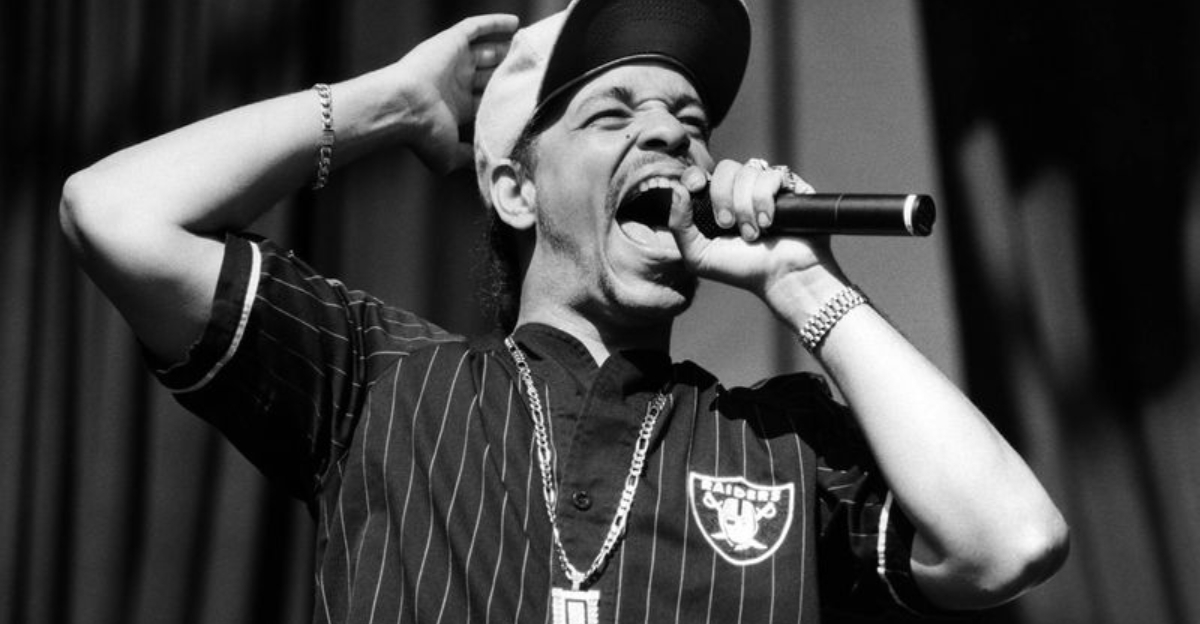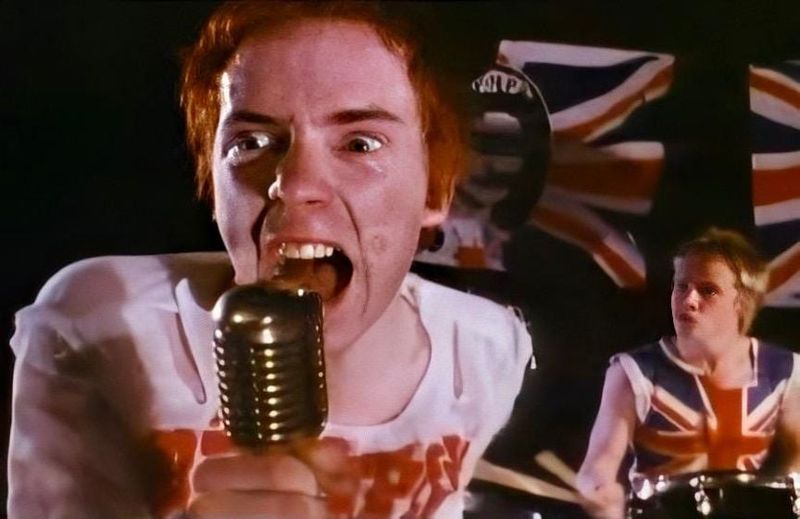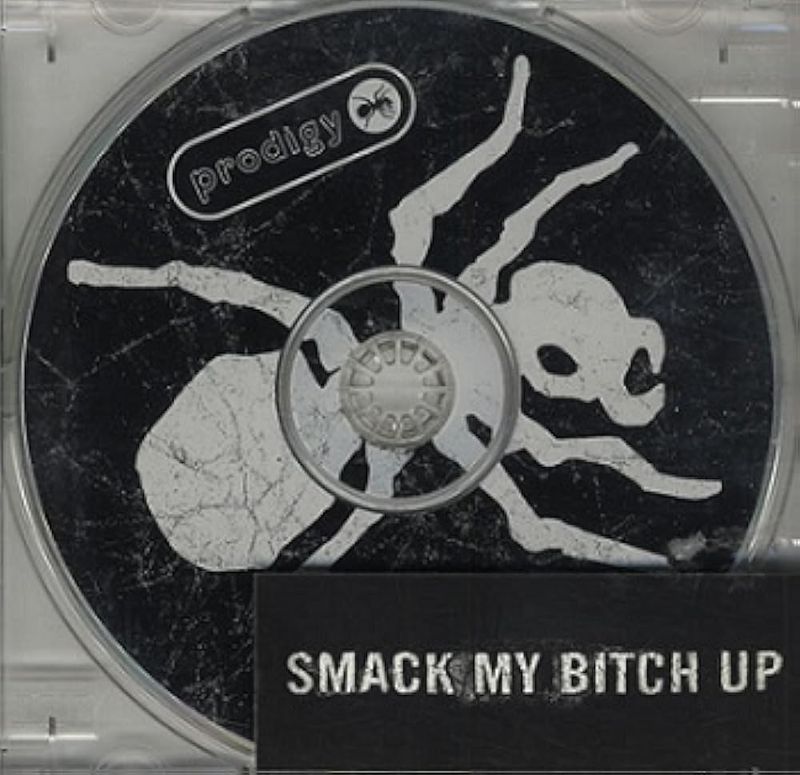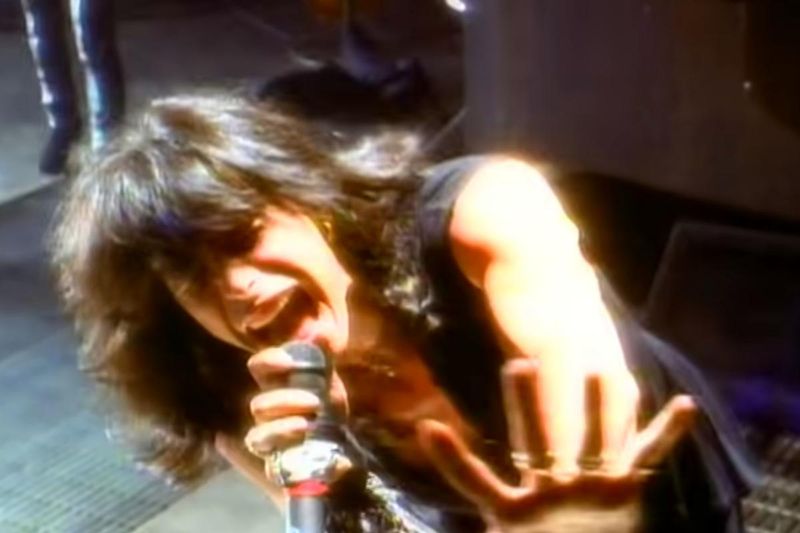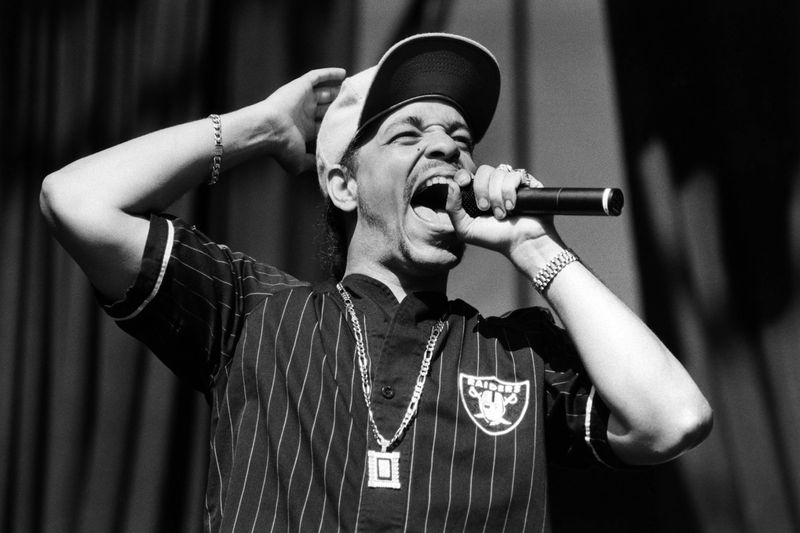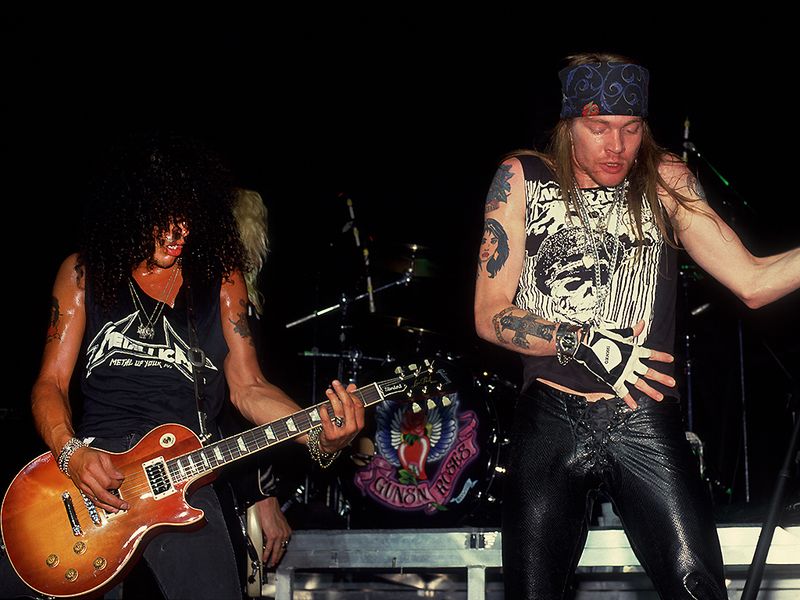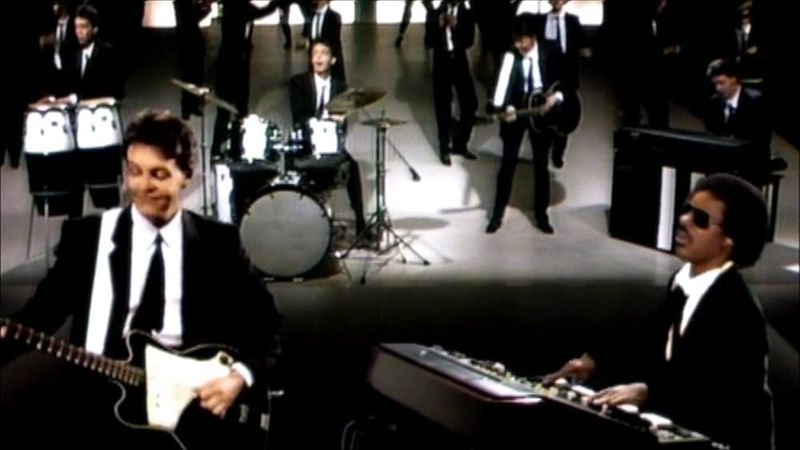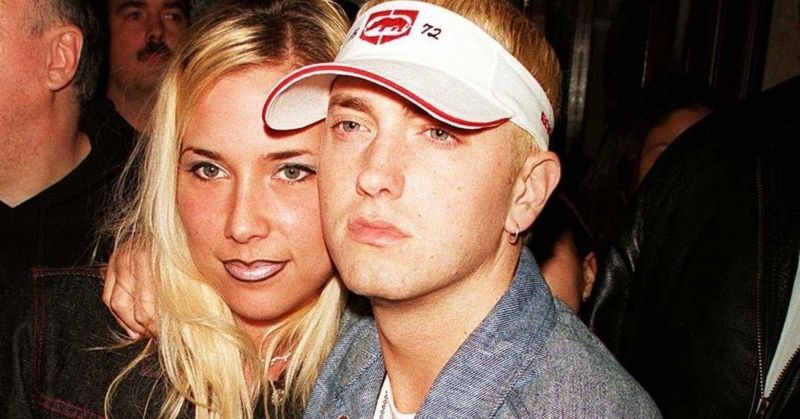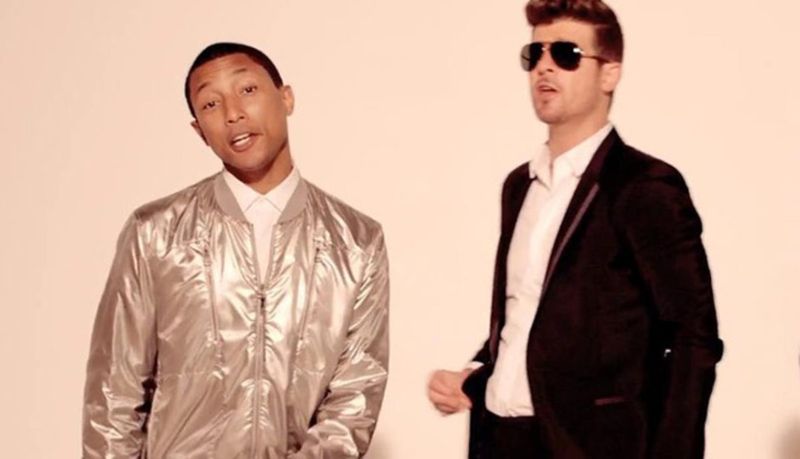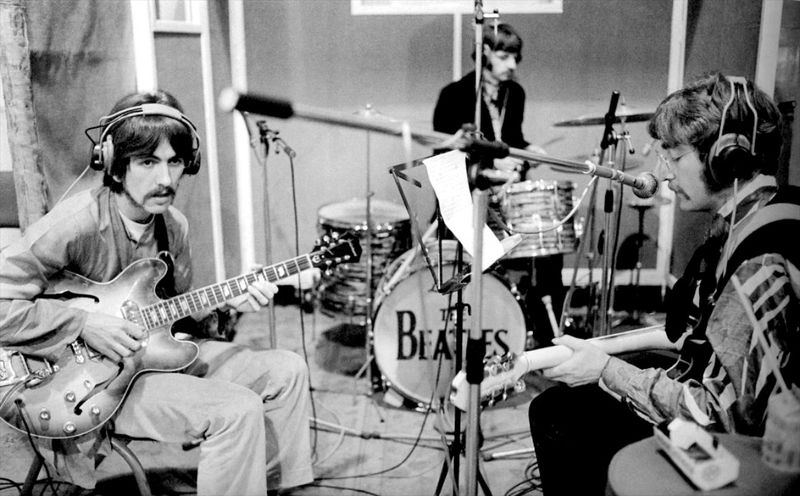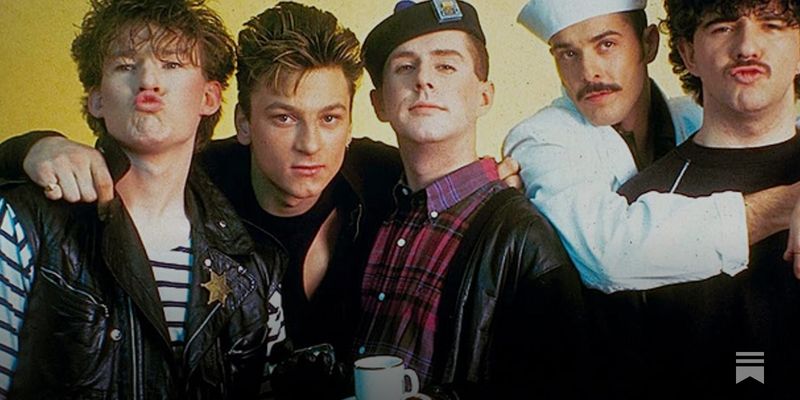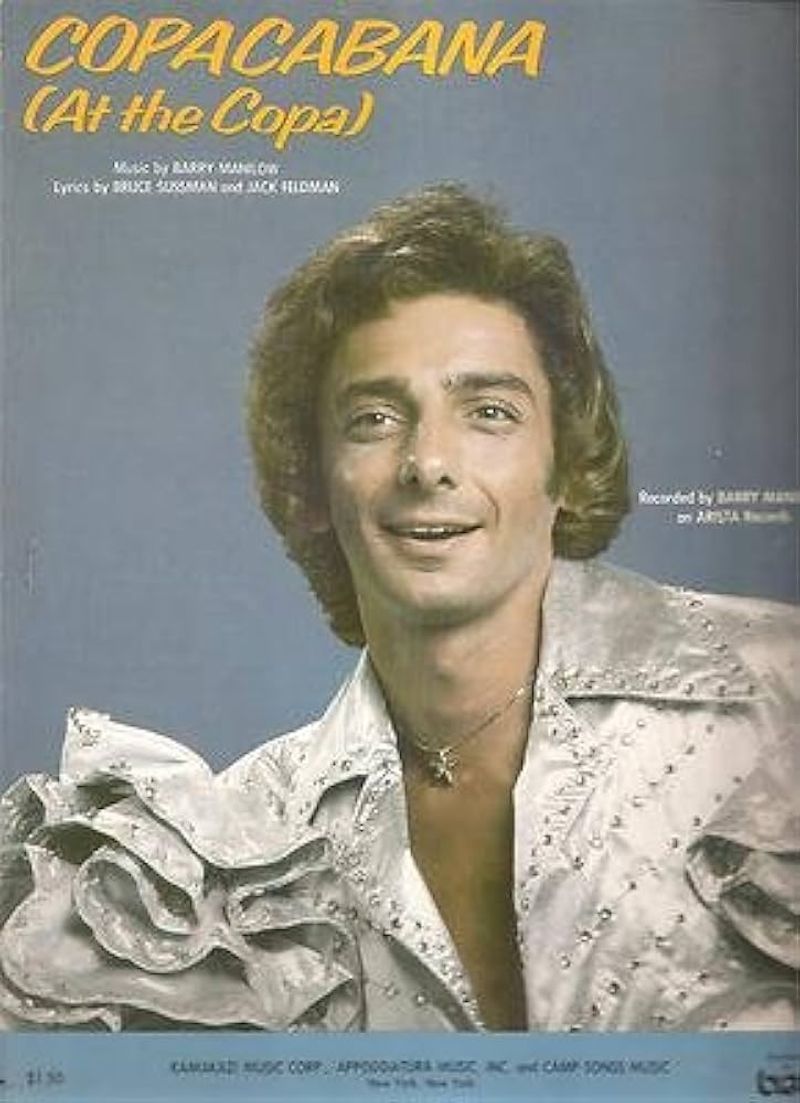Some songs are instant hits. Others spark outrage, backlash, or even career-threatening scandals. Whether they tackled taboo topics, pushed moral boundaries, or were just wildly misunderstood, these tracks lit a fire under the public—and sometimes burned the artists who made them. Here are 13 controversial songs that nearly ended careers—and the real stories behind the fallout.
1. “Like a Prayer” – Madonna (1989)
Madonna’s ‘Like a Prayer’ video utilized religious iconography, including burning crosses and a Black saint. The Vatican deemed it blasphemous, and Pepsi quickly pulled its sponsorship after airing the ad once.
Despite—or because of—the uproar, sales surged, cementing Madonna’s iconic status. The controversy was a near-miss with major commercial deals, but it elevated her daring persona in pop culture. Her ability to challenge societal norms and thrive became a defining part of her legacy.
2. “God Save the Queen” – S*x Pistols (1977)
Released during the Silver Jubilee, the S*x Pistols’ punk anthem branded the monarchy a “fascist regime.” It was banned by the BBC and many stores refused to stock it, putting the band at odds with the establishment.
Despite this, or perhaps because of it, the song soared to the top of UK charts. The Pistols became legends in punk history. However, their notoriety led to blacklisting and internal strife, causing the band to implode shortly after, marking a tumultuous chapter for punk music.
3. “Smack My B** Up” – The Prodigy (1997)
The Prodigy stirred fierce debates with ‘Smack My B** Up’, a title deemed offensive by critics. The band claimed it meant going wild, not misogyny. MTV only aired the explicit video late at night.
The backlash was intense, with protests and bans, pushing the band into the spotlight. Ironically, this notoriety bolstered their fame, solidifying their place in electronic music circles. The song remains a touchstone for discussions on artistic freedom versus societal norms.
4. “Janie’s Got a Gun” – Aerosmith (1989)
Aerosmith’s ‘Janie’s Got a Gun’ tackles child abuse and revenge, starkly different from typical rock themes. Its serious subject matter challenged radio play, yet resonated deeply with listeners.
The song was both controversial and acclaimed, marking Aerosmith’s return to relevance. It showcased the band’s ability to evolve, addressing critical issues while maintaining rock credibility. This phase was pivotal, ensuring their continued influence in rock history despite its initial divisive reception.
5. “Cop Killer” – Body Count (1992)
Ice-T’s metal band Body Count unleashed a national firestorm with this track. Some saw it as a protest against police brutality, while others labeled it incendiary. Even President Bush condemned it. Under intense pressure, Warner Bros. pulled the song, and Ice-T voluntarily dropped it.
The drama did not fully derail Ice-T’s career. He continued making music and acting but Body Count faded into the background for years. The controversy, though almost career-ending, highlighted tensions in America and continues to be discussed in music history circles today.
6. “One in a Million” – Guns N’ Roses (1988)
‘One in a Million’ shocked fans with racial and homophobic slurs. Axl Rose claimed it portrayed certain characters, not personal views, yet critics were unconvinced.
The backlash was swift and severe, affecting the band’s public image and reducing live performances of the track. This controversy tested their fanbase’s loyalty, revealing the complex interplay between art, intention, and public perception in rock music.
7. “Ebony and Ivory” – Paul McCartney & Stevie Wonder (1982)
Aiming to promote racial harmony, ‘Ebony and Ivory’ faced criticism for its perceived naivety and simplistic execution. Critics saw it as tone-deaf amid tense racial politics.
However, the song was a commercial triumph, highlighting the artists’ collaboration. While McCartney avoided similar message songs subsequently, this track remains a nostalgic piece reflecting both the era’s challenges and its aspirations for unity.
8. “Kim” – Eminem (2000)
Eminem’s ‘Kim’ shocked audiences with its violent narrative about his wife. Critics slammed it as misogynistic and disturbing, challenging even fans.
This song entrenched Eminem’s “bad boy” image, yet led to bans on numerous radio stations. Despite the turbulence, his career soared, underlining the tension between provocative art and mainstream acceptance, and solidifying his place in hip-hop history.
9. “Blurred Lines” – Robin Thicke (2013)
Robin Thicke’s “Blurred Lines”, featuring T.I. and Pharrell Williams, became a summer anthem in 2013. However, its catchy tune was overshadowed by accusations of misogyny and glorifying non-consensual encounters. Critics argued that the lyrics blurred the lines of consent, igniting a fierce debate.
Despite the criticism, “Blurred Lines” topped charts globally, reflecting the complex relationship between commercial success and ethical responsibility in music. Thicke’s career faced a downturn, prompting a period of reflection and reinvention.
10. “Lucy in the Sky with Diamonds” – The Beatles (1967)
Speculation about ‘Lucy in the Sky with Diamonds’ being an LSD reference swirled without confirmation from The Beatles, who claimed a child’s drawing inspired it.
The BBC banned it, adding to the mystique surrounding the band. The controversy didn’t hinder their success; rather, it amplified their enigmatic allure, solidifying their status as cultural icons of the psychedelic era.
11. “Relax” – Frankie Goes to Hollywood (1983)
‘Relax’ by Frankie Goes to Hollywood brimmed with innuendo, prompting a mid-broadcast ban by the BBC. Naturally, this only fueled sales as curiosity surged.
The band capitalized on the hullabaloo, propelling them to fame. Yet, replicating that success proved elusive, encapsulating the fleeting nature of media-driven notoriety in pop music’s ever-evolving landscape.
12. “It Wasn’t Me” – Shaggy (2000)
Shaggy’s ‘It Wasn’t Me’ made infidelity sound catchy and light-hearted, sparking debates about its moral implications. Critics argued it glorified dishonesty in relationships.
The track catapulted Shaggy to international fame, though negative perceptions lingered. This dynamic illustrated the dual-edged sword of catchy, controversial themes in music, showing how they can both propel and haunt an artist’s career.
13. “Copacabana” – Barry Manilow (1978)
Barry Manilow’s ‘Copacabana’ seemed harmless today, but its murder narrative was edgy for his easy-listening audience in 1978. Some radio stations hesitated due to the darker storyline.
However, it became a hit, showcasing Manilow’s flair for storytelling through music. ‘Copacabana’ remains one of his most enduring tracks, reflecting the interplay of drama and melody in crafting memorable music.
